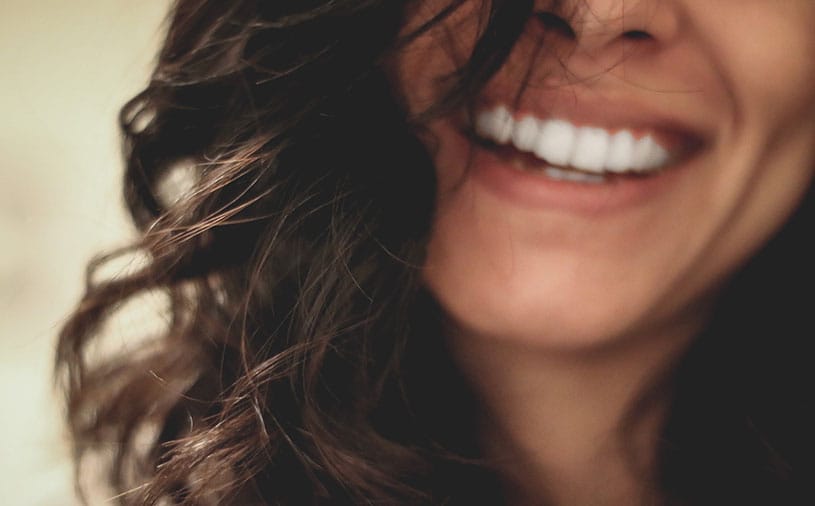Bruxism is excessive teeth grinding or jaw clenching. It is most commonly known as “teeth grinding.” It is natural for humans to grind their teeth. Usually, teeth grinding happens during sleep.
Teeth Grinding
What is Bruxism (Teeth Grinding)?
When you are awake, it is caused by stress, anxiety, frustration, anger or tension. But too much teeth grinding can lead to dental problems such as hypersensitive teeth, aching jaws, and damage to dental restoration, among others.
Signs of Bruxism
Bruxism is a sleep-related movement disorder. If you have bruxism, you may unconsciously grind your teeth even when you are awake. There are several signs of bruxism:
- Bruxism leads to teeth grinding/clenching in your sleep. This can sometimes be loud enough to wake up another person in your room.
- Damaged teeth can be a sign of bruxism. The constant unconscious grinding can fracture or chip your tooth, cause it to be flattened, or even loosened.
- Worn enamel can be a result of teeth grinding. The grinding can wear off the enamel and expose deeper layers of your teeth.
- Increased teeth sensitivity or pain.
- Jaws that are tired or tight and do not open or close properly.
- Your jaw can lock in place, often while your mouth is in an open position.
- Soreness in your face, jaw, and neck.
- You may suffer from earaches, even though there is nothing wrong with your ears.
- A low, consistent, dull headache and sleep disruption is a common sign of bruxism.
BEFORE & AFTER

Benefits of Treating Bruxism
Treating bruxism can benefit you in many ways:
- It alleviates discomfort in your jaws caused by constant teeth grinding.
- You can sleep comfortably throughout the night.
- It prevents continued damage to your teeth.
- It eases the soreness and pain in the face, jaw, and neck caused by teeth grinding.
What is the Treatment for Bruxism?
In most cases, treatment is not necessary. Kids usually outgrow teeth grinding, and adults do not grind badly enough to look for treatment. If there is need for treatment, there are several options such as:
- A mouth guard to avoid grinding your teeth – You may have heard of this option. A mouth guard is customized to your teeth and prevents you from grinding your teeth while you sleep. This is a common and effective solution to treat bruxism.
- Aligners/Braces – If the issue is a misalignment of your teeth/jaw, aligners may be helpful to realign your teeth/jaw. Common aligners/braces are traditional metal braces and Invisalign® Clear Braces.
- Prescription medication – If the root cause is stress, depression, or anxiety, you may find relief with prescribed muscle relaxants or anti-depression medication.
- Behavior change and biofeedback – Consciously practicing proper mouth and jaw position with the help of your dentist to control muscle activity.
Don't Let Teeth Grinding Give You a Headache
At Craft Smiles we know how uncomfortable bruxism can be. Do not put up with the discomfort. Do something about it! Relief can be as simple as a mouth guard to avoid grinding your teeth. Do not wait. Call for your appointment today!

